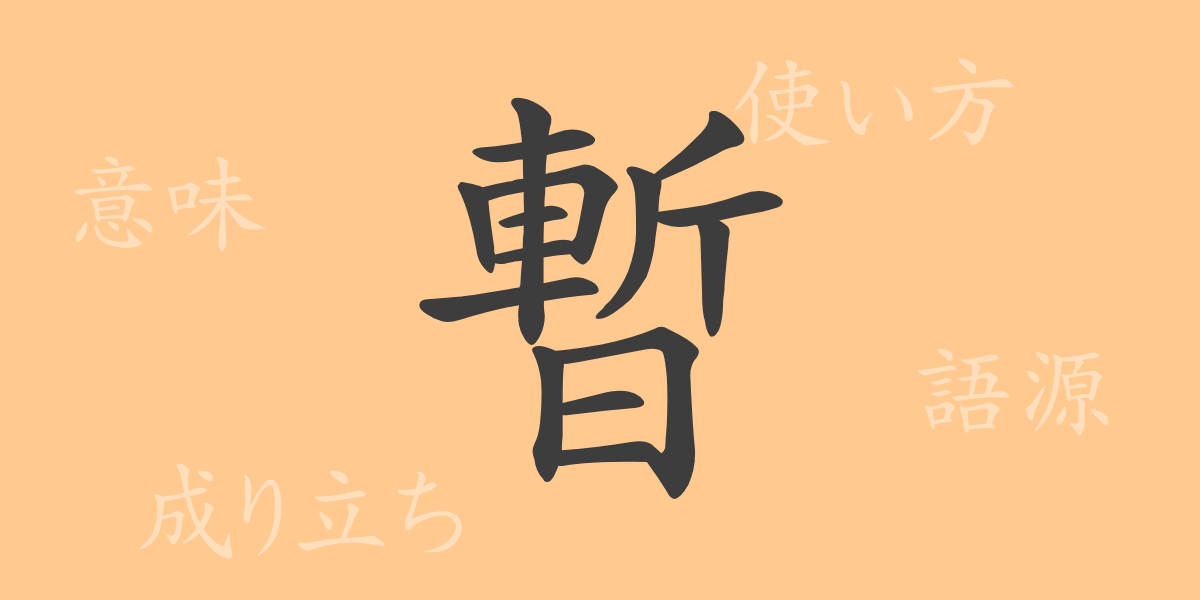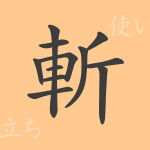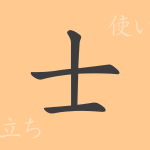Kanji characters hold deep history and meaning beyond their shapes. The commonly used kanji “暫(ざん)” is one such character. This article will explore the origins, meanings, usage, readings, and frequently used idioms and expressions featuring “暫(ざん).” By delving into the details of this kanji, we can enrich our understanding of the Japanese language.
Origins of 暫(ざん)
The kanji “暫(ざん)” is composed of “日(にちへん)” and “斬(ざん).” The “日(にちへん)” represents the passage of time, while “斬(ざん)” means to cut. Together, they form “暫(ざん),” which originally signifies “a short while” or “temporary period.” This character can be found in ancient Chinese texts, used to express concepts related to time.
Meanings and Usage of 暫(ざん)
The kanji “暫(ざん)” means “for a while” or “temporarily,” and it is used to describe situations involving the passage of time. For example, “暫くお待ちください(しばらくおまちください)” means “please wait for a while,” indicating a temporary pause before resuming an action.
Readings, Stroke Count, and Radical of 暫(ざん)
Here are the details about the kanji “暫(ざん)”:
- Reading: The on’yomi (音読み) is “ザン(ざん),” and the kun’yomi (訓読み) is “しばらく.”
- Stroke count: 13 strokes
- Radical: The radical is “日(にちへん).”
Idioms, Phrases, and Proverbs Using 暫(ざん) and Their Meanings
Here are some idioms and phrases that include the kanji “暫(ざん)”:
- 暫定(ざんてい) – Provisional or temporary; a temporary decision that is not final.
- 暫時(ざんじ) – For a short while.
- 暫くする(しばらくする) – To pass some time or to wait for a while.
These idioms and phrases are commonly used in daily conversations and business contexts to describe temporary states or periods.
Conclusion on 暫(ざん)
The kanji “暫(ざん)” is useful for indicating temporary periods or short durations. Understanding its origins, readings, and usage can enhance your Japanese expression skills. Remembering idioms and phrases that include “暫(ざん)” will allow for more precise and richer communication. Next time you encounter “暫(ざん)” in your daily life, recall the knowledge from this article to deepen your understanding.

























